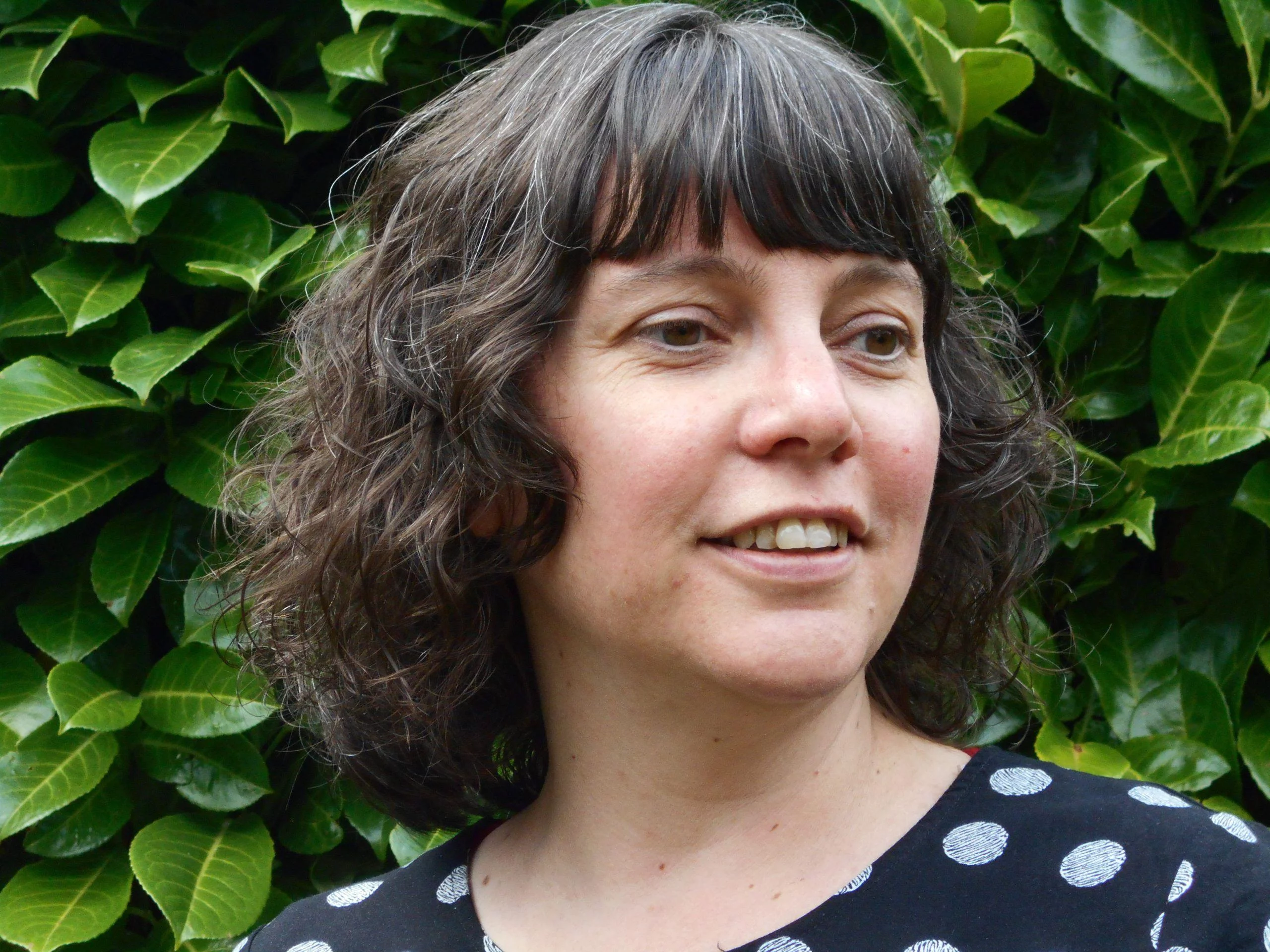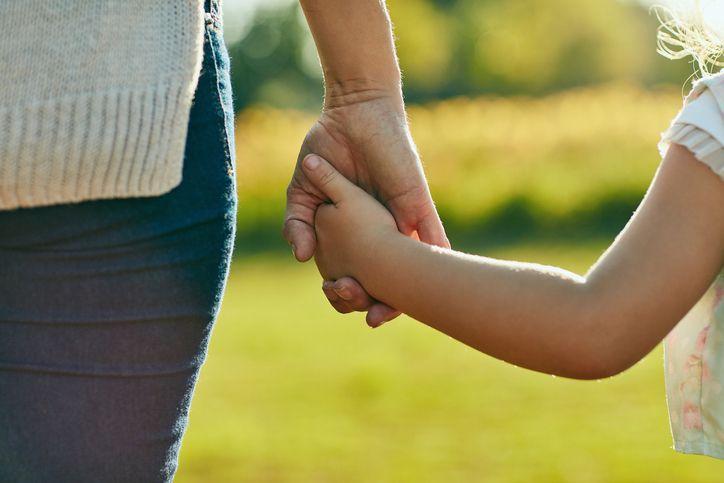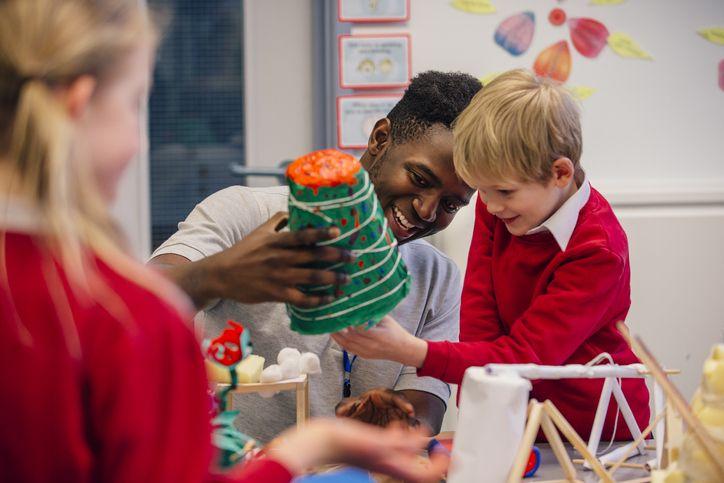Learning objective
- To recognise how to respond to adults in a range of situations.
Success criteria
- I can describe how I should speak to
This content is for subscribers only. Join for access today.
Statutory guidance
RSE
Being safe
Pupils should
This content is for subscribers only. Join for access today.
Cross-curricular links
British values
- Mutual respect.
This content is for subscribers only. Join for access today.
Before the lesson
This content is for subscribers only. Join for access today.
Lesson plan
Recap and recall
Display the Presentation: Gimme five and ask the children to follow the instructions on the slide. If required, provide an example such as: “Mr Walker, the caretaker.”
This content is for subscribers only. Join for access today.
Extended-mode explainer videos
How to extend your display to view the lesson page and preseantion mode simultaneously. Choose your operating system below to watch the video
If you need further support with extending your display,
please contact [email protected].
Extended-mode explainer video: For Mac
Extended-mode explainer video: For Windows
Adaptive teaching
Pupils needing extra support:
Could benefit from working in a smaller group with an adult to support the discussions. There may also be children in the class about whom you have concerns who would benefit from extra input.
Pupils working at greater depth:
Could be challenged to discuss how their behaviour and interactions can change towards adults, depending upon the situation.
This content is for subscribers only. Join for access today.
Assessing progress and understanding
Pupils with secure understanding indicated by: knowing that they should
This content is for subscribers only. Join for access today.
Vocabulary definitions
-
adult
Someone who is fully grown.
-
hurt
When a person feels pain or suffers injury in part of their body.
This content is for subscribers only. Join for access today.
In this unit
Assessment - RSE & PSHE Y1: Safety and the changing body
Lesson 1: Adults in school
Lesson 2: Adults outside school
Lesson 3: Getting lost
Lesson 4: Making an emergency phone call
Lesson 5: Appropriate contact
Lesson 6: Safety with substances
Lesson 7: Safety at home
Lesson 8: People who help to keep us safe




